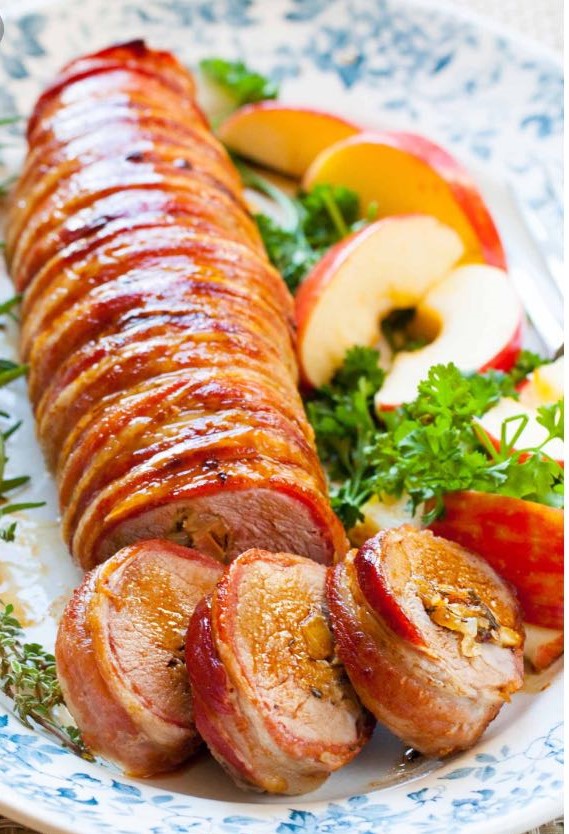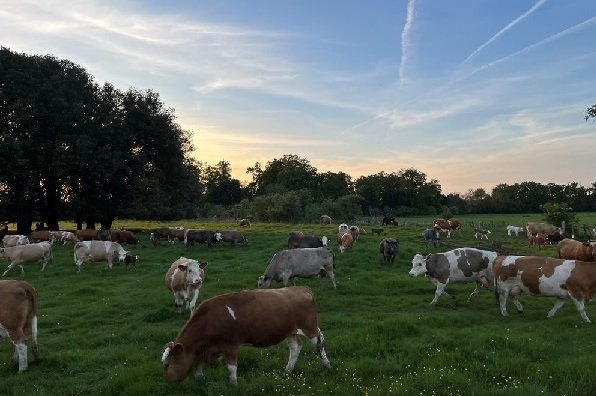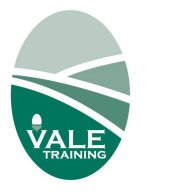Certificate in Food Hygiene - level three
The three day CIEH Intermediate Certificate in Food Safety is designed for managers and supervisors who need a broad understanding of food safety control, and who have responsibility for developing and maintaining a food safety management system. It is recommended that all food environments should have at least one person trained to this level.

Course prerequisite: A good working knowledge of the food industry and ideally level 2 food hygiene qualification.
Certificating Body: Chartered Institute of Environmental Health (C.I.E.H.) Level 3
Course Length: 3 day
Course Times: 9.30am to 4.00pm or to suit client.
Instructor: Various
Cost: On application
Venue: Marsh Hill Centre, Marsh, Aylesbury. HP17 8ST or to suit client
Maximum Trainees: Up to 10

Introduction
In this session of the CIEH Level 3 Food Safety course, delegates will gain an understanding of the terminology in respect to supervising food safety procedures and will be able to:
Legislation
This session of the CIEH Level 3 in Food Safety course focuses on food safety legislation and delegates will be made aware of UK and European food safety legislation to ensure compliance in a food business and be able to:
- State the current food safety legislation which relates to food premises and be aware of where guidance on the law may be sought.
- State the role and powers of enforcement officers in respect to food safety.
- Explain the consequences of non-compliance with food safety legislation.
- Explain the concept of due diligence.
- State the responsibilities that employers and employees have with regard to keeping food safe.
- State the role of the supervisor in the investigation of an outbreak of food-borne illness.
Applying and Monitoring Good Hygiene Practice
In this session of the CIEH Level 3 in Food Safety course delegates will gain an understanding of the concept of contamination and the risks it poses to food safety and be able to:
- Define the terms, and give examples of, physical, chemical (including metals), microbial and allergen contaminants and explain the concept of cross-contamination.
- Describe the procedures used to prevent food from being contaminated on receipt, during storage, preparation, cooking, service/ and display.
- State the procedures available for the detection of contaminants and any corrective actions that may be taken.
- State the risks caused by allergens in foods and the controls measures and labelling needed in food handling to prevent harm.
- State the effects that spoilage bacteria can have on food and those who ingest it.
- State the sources, level of incidence, onset times and symptoms for common food poisoning bacteria.
- State the sources, level of incidence, onset times and symptoms for common food-borne diseases.
- Describe the process of binary fission and list the factors influencing bacterial reproduction.
- Describe the function of bacterial spores, the risks that they pose and the controls required to reduce the risk.
- Describe the food safety hazards caused by toxins produced by some food poisoning bacteria.
- Give some examples common food-borne viruses, explain the risks they cause to food safety and how these might be reduced.
Temperature Control
In this session of the CIEH Level 3 in Food Safety course delegates will be taught the role temperature plays in the control of food safety and be able to:
- State the temperatures required to control bacterial and enzyme activity in food.
- Describe the temperature controls required for food deliveries, food storage, cooking and reheating food, hot and cold holding and the cooling of food.
- Describe safe methods of checking, verifying and recording food temperatures.
- State the principles involved in preventing food deterioration through the use of high and low temperatures, dehydration and the use of sugar and salt to preserve.
Workplace and Equipment Design
This session of the CIEH Level 3 in Food Safety course covers the importance of good workplace and equipment design to ensure food safety and by the end delegates be able to:
- List the design features of a suitable premise for the preparation of food, including the importance of layout and food flow.
- State the requirements for adequate lighting and ventilation.
- Describe suitable finishes for fixtures and fittings.
- Describe the properties of equipment for use in food premises.
- Develop and implement effective recording and labeling systems for the receipt and storage of food.
Waste Disposal, Cleaning and Disinfection
- Delegates should understand the importance of supervising high standards of cleanliness in food premises and this session of the CIEH Level 3 Awards in Food Safety will enable them to:
- Describe suitable methods for the storage and removal of waste and state how the process can be adequately supervised.
- State the need for, and benefits of, systematic cleaning and how it can be implemented and supervised.
- Explain the products employed in cleaning, disinfecting, sanitising and sterilising and the
- methods of cleaning food equipment, food and hand contact surfaces and other surfaces in the food premise.
Pest Control
In this session of the CIEH Level 3 in Food Safety course, delegates should understand the importance of good pest control practice and be able to:
- List common food pests and describe the risks they pose to food safety.
- Describe the different methods of control that can be used and the role of supervisory management in controlling food pests.
Personal Hygiene of Staff
This session of the CIEH Level 3 in Food Safety course will give delegates an understanding of the need for high standards of personal hygiene and they will be able to:
- Explain the importance of personal hygiene and the responsibilities of food handlers and how that standards can be monitored.
- Describe the supervisor’s role in monitoring and preventing contamination from food handlers who are carriers of infection and include those hazards associated with unclean hands and nails, wounds and skin infections, jewellery, unsatisfactory protective clothing, smoking and eating.
- State that suspected cases of persons suffering from food-borne illnesses should be excluded from food handling duties.
Contribution to Staff Training
In this session of the CIEH Level 3 in Food Safety course delegates will gain an understanding of the importance of being able to contribute to staff training and be able to:
- State the importance of staff induction and on-going training and the contribution that a supervisor can make towards it.
- Explain the importance of keeping staff training records.
- Describe the supervisor’s and manager’s role in the effective communication of food safety procedures to employers and all employees.
Implementation of Food Safety Management Procedures
In this session of the CIEH Level 3 in Food Safety course delegates will understand the principles of the HACCP system and how a supervisor can contribute to the implementation of a food safety management system and be able to:
- Identify the hazards in a food process.
- Determine critical control points.
- Establish critical limit(s).
- Establish a system to monitor control of the critical control points.
- Establish the corrective action to be taken when monitoring indicates that a particular critical control point is not under control.
- Establish procedures for verification to confirm that the HACCP system is working effectively.
- Evaluate controls and documentation concerning all procedures and records appropriate to these principles and their application.
- Explain the supervisor’s contribution towards both internal and external inspections and food safety audits.
All elements of the CIEH Level 3 in Food Safety course syllabus will be tailored to your business needs.
Assessment of the CIEH Level 3 Awards in Food Safety course is by means of a multiple-choice assessment.


